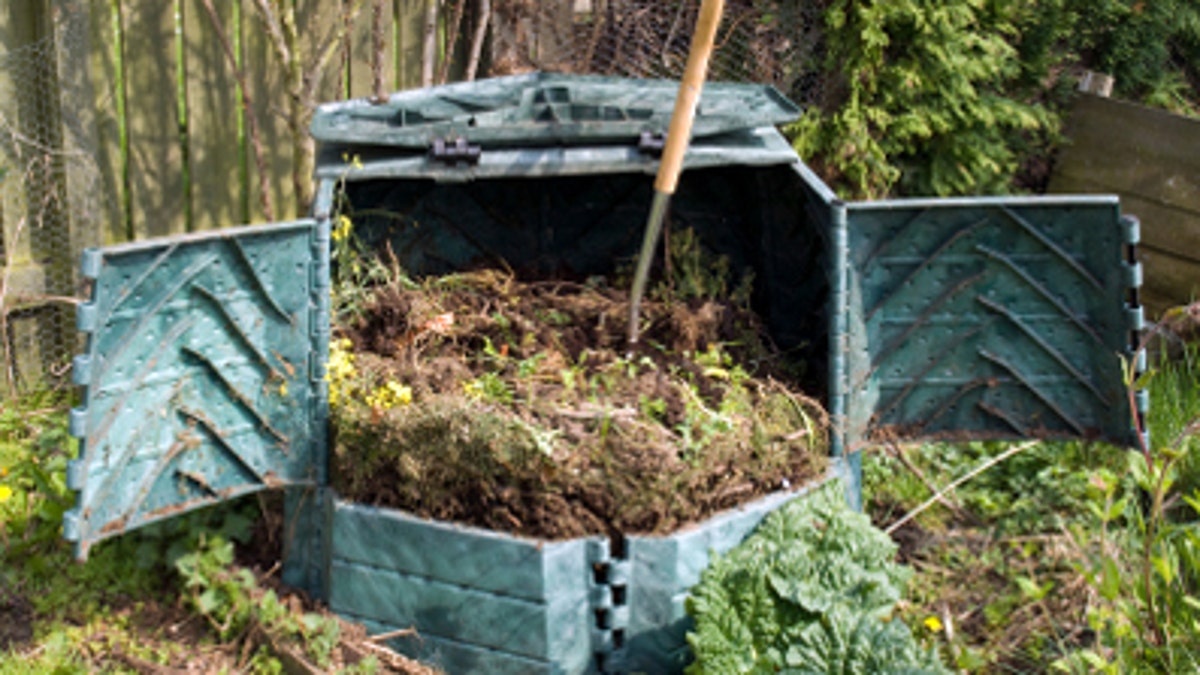
It doesn’t matter how much time and effort you put into your garden this year, if you have barren soil, you can expect to grow nothing better than tiny tomatoes, wilted flowers and anorexic carrots.
A little fertilizer can go a long way toward fixing bad earth. But rather than rush to the store to buy expensive chemical fertilizers, consider first a few free, natural alternatives based on stuff that you already have in your home.
Coffee Grounds
Your morning cup of coffee isn’t just good for getting you out of bed — you can also use the spent grounds to give your garden a boost. Coffee contains valuable nitrogen and other nutrients vital to plant growth. Since the coffee beans are broken down to a fine dust, you can apply the grounds directly to the soil without first giving it time to break down in the compost heap.
Coffee grounds are fairly acidic, though, so they are best used in their raw form to fix alkaline soils or with acid-loving plants like blueberries and azaleas. If you’re soil’s pH is perfect, you can still make use of those grounds by mixing them with wood ash or a very small amount of garden-grade lime, which will help neutralize the acidity.
For those who don’t drink enough coffee at home to cover you garden with grounds, hit up a local coffee shop, or even a Starbucks, which runs a Grounds for Your Garden campaign that entitles you to five free pounds of grounds.
Best use: Alkaline soils. Acid-loving plants like blueberries and azaleas.
Eggshells
A great source of calcium, eggshells also offer the added benefit of protecting your plants from slugs and snails. The jagged edges of the shells deter these soft-bellied pests from feasting on your plants.
Set the eggshells out for a few days to allow them to dry, or, alternately, stick them in a warm oven for a few minutes. Then, to break down the shells, simply toss them in a food processor or blender, or bash them with a rolling pin. Scatter the fragments around the base of the plant for maximum slug protection, or sow into the soil before planting to give the calcium direct access to your plants’ roots.
Best use: Slug-infested gardens. Calcium-craving plants such as tomatoes, squash and peppers.
Compost
When it comes to fertilizing your garden, nothing beats good, rich compost. However, unlike many of the other alternatives, a good compost heap takes a little more effort and patience before it can be turned into something useful.
While you could write an entire book on composting (and people certainly have), you can get started by following a few simple rules. Mix one part “green” ingredients (peels, grass clippings and other fresh bio matter) with three parts brown ingredients (dried leaves, hay and paper.) Keep the heap damp, but not wet. Turn the pile once or twice a week to speed up the decomposition process. If you follow these simple tips, you should have rich compost within a few months.
Best use: All-purpose. Especially good for dense, compacted soil.
Wood Ash
If you need a little extra motivation to clean out your fireplace, wood ash is a great fertilizer that is rich in potassium, calcium and phosphorus. And just as coffee grounds can help balance out alkaline soils, wood ash can do the same for overly acidic earth. To get the best results with ash, sprinkle a thin layer on your garden periodically, but avoid using a heavy hand — too much at one time will fry your plants.
While you might be tempted to use the ash from your grill, take note: Ash from the barbecue is often laced with lighter fluid residue, as well as salt and fat from grilled meat, so it isn’t an ideal place to get free fertilizer. For best results, stick to ash from hardwood burned in fire pits and fireplaces.
Best use: Acidic soil. A substitute for garden lime.